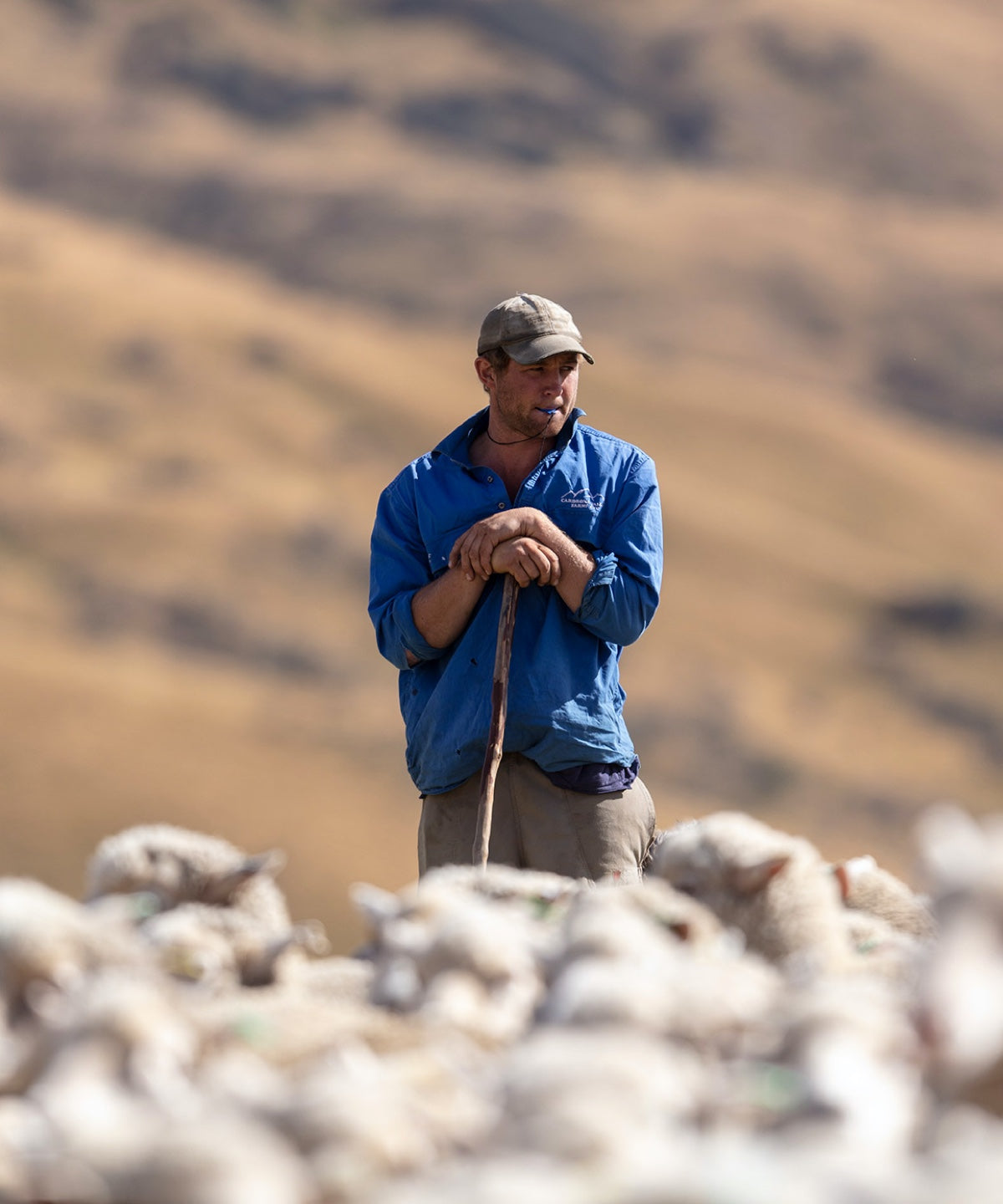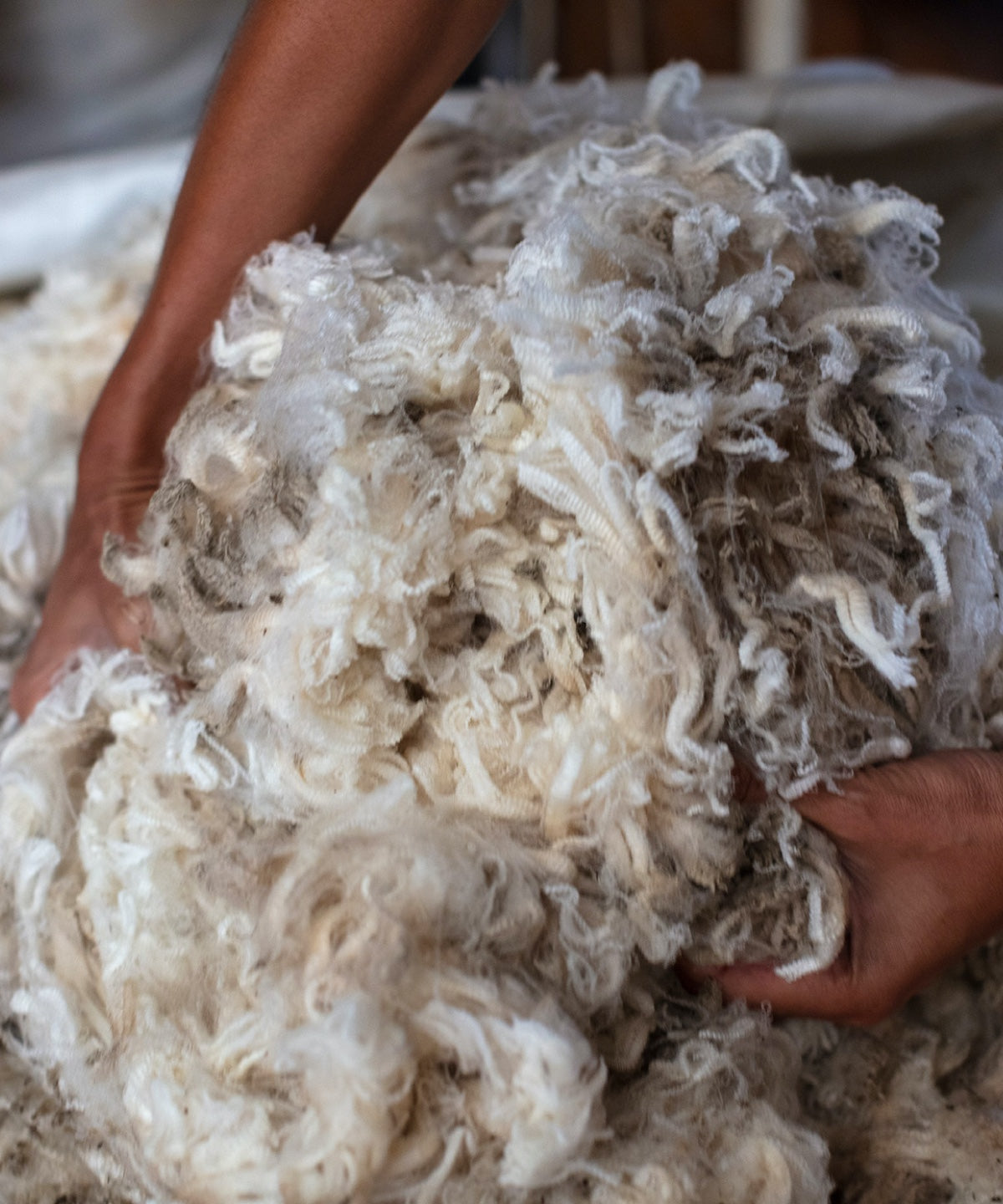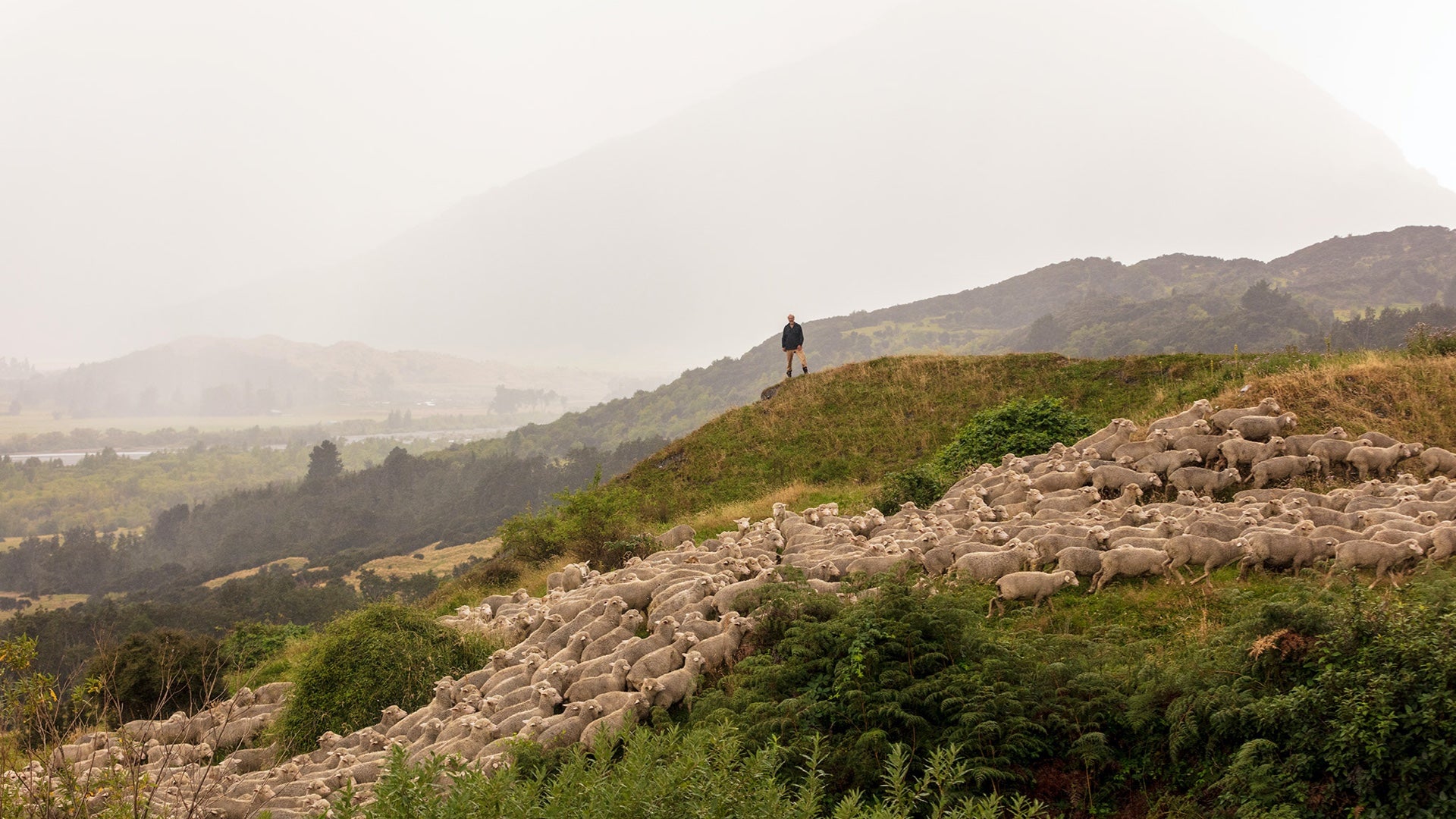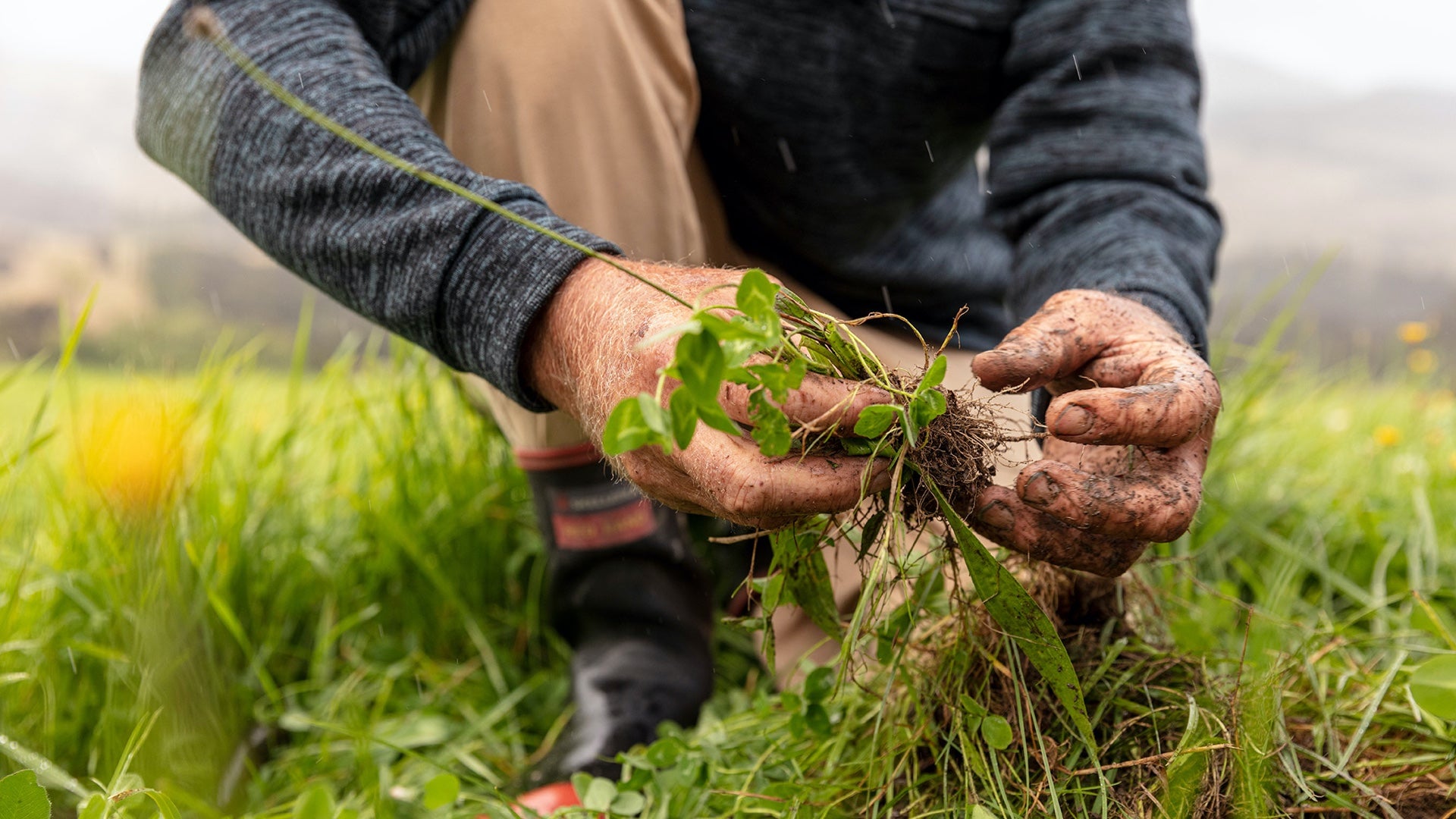Goals by December 2025
- By 2025, all wool used by Allbirds will be sourced from regenerative agriculture.
- By 2025, the carbon footprint of the wool farms Allbirds sources from will be zero.
Why Allbirds strives
We see endless possibilities in natural ingredients, which means that whatever we make starts on the farm.
It's not just us - the entire fashion industry is inextricably linked to agriculture.
Unfortunately, modern farming methods (fertilizers, pesticides, tillage, etc.) are taking carbon out of the soil, destroying our entire food and fiber system. Taking carbon out of the soil is a big problem. Because carbon is essential to good soil. Furthermore, due to the industrialization of agriculture, agriculture is responsible for ¼ of the world's total carbon emissions.
This means that the incredible power of soil is rarely utilized. Soil, which should be a solution to environmental problems, has become just one more cause.
That's why we're paying attention to "regenerative agriculture. It's a new form of agriculture that aims to improve the soil and remove carbon from the atmosphere while growing crops. The technology to measure it is still new, but if done on a large enough scale, regenerative agriculture techniques may be able to stop climate change.
It's not just that, regenerative agriculture is not only a huge opportunity to tackle climate change, it's also good for communities, biodiversity, ecosystems, the long-term survival of the land, and so much more. That's why we're all-in on regenerative agriculture, and we think the fashion industry should be too.
What Allbirds does
Merino wool is one of our favorite natural materials. Merino wool is soft to the touch and comes from sheep's wool. Allbirds realized that sheep play a big role in addressing climate change. Sheep graze on grass, which helps store carbon in the soil. By grazing and helping plants grow, sheep can reduce carbon in the atmosphere.
So we discussed how we could better support the regenerative model on the sheep farm. Allbirds is working with the farm to increase the supply of wool with a lower environmental footprint. In addition, we have introduced an innovative regenerative farming model to store carbon in the soil.
And finally, we are also investing to gain more data and knowledge about the impact of regenerative agriculture in specific contexts, such as merino wool farming in New Zealand.



